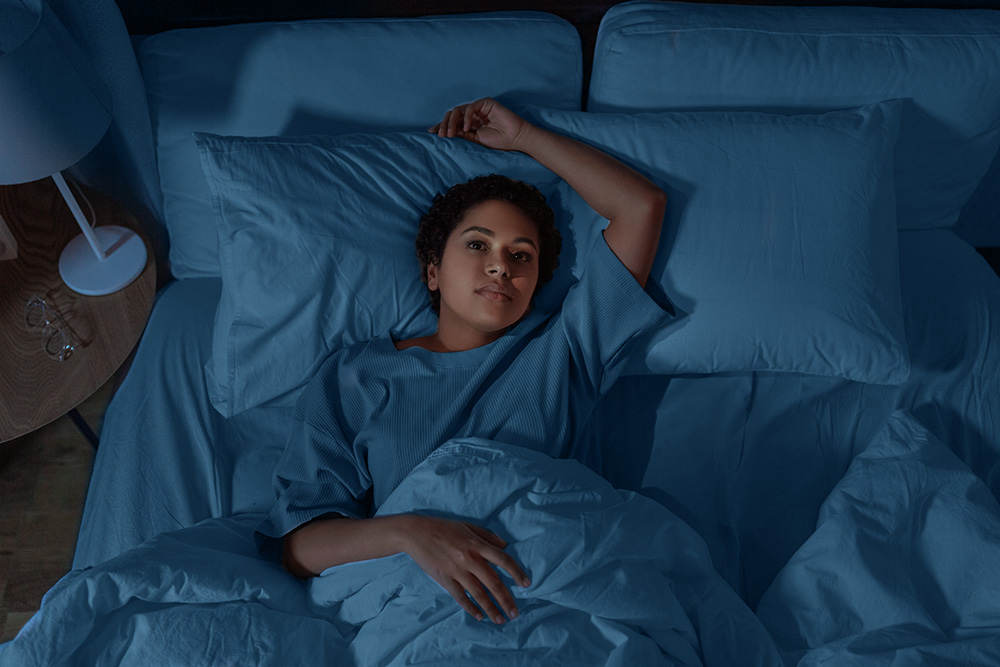What is Insomnia?
Insomnia is a common sleep disorder that affects millions of people worldwide. It is characterized by difficulty falling or staying asleep, which can lead to daytime fatigue, irritability, and other health problems. While insomnia can have various causes, one possible factor is sleep apnea. Sleep apnea is another sleep disorder that causes breathing disruptions during sleep, leading to poor quality sleep and excessive daytime sleepiness. Both insomnia and sleep apnea can have a negative impact on overall health and quality of life, and they may be interrelated.

Insomnia and Sleep Apnea
Insomnia and sleep apnea are two separate sleep disorders that can be linked together. Insomnia is characterized by difficulty falling or staying asleep, while sleep apnea causes breathing disruptions during sleep. People with sleep apnea may experience frequent awakenings throughout the night, leading to sleep fragmentation and daytime fatigue. This fragmented sleep can exacerbate insomnia symptoms, leading to a cycle of poor sleep quality and worsening insomnia. Insomnia can also increase the risk of developing sleep apnea, as sleep deprivation can cause the muscles in the airway to relax and collapse more easily during sleep.

Approximately 30% of adults experience symptoms of insomnia, with about 10% having severe enough symptoms to interfere with daily functioning.

Insomnia is a risk factor for developing sleep apnea, with studies showing that people with insomnia are twice as likely to develop sleep apnea compared to those without insomnia.



